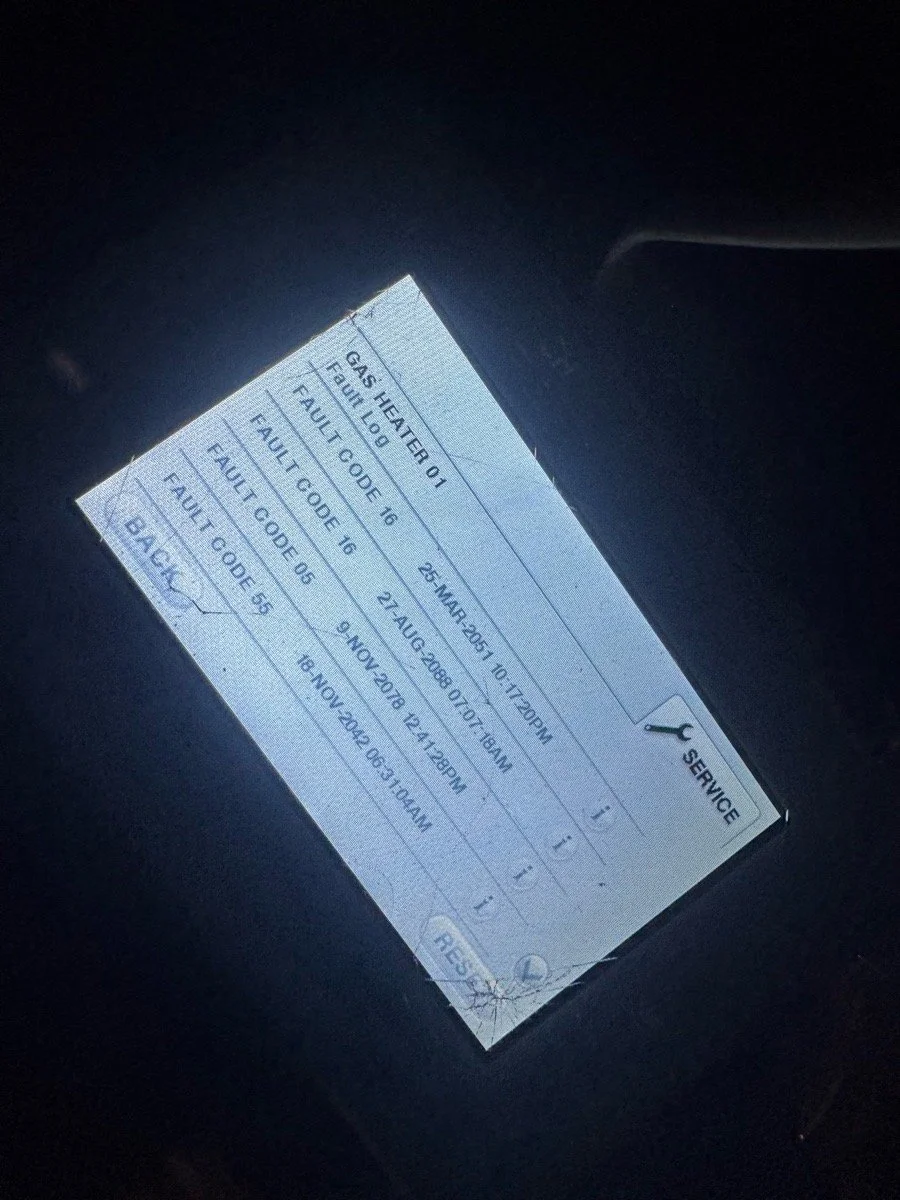How to Save Money on Your Gas Ducted Heater?
Gas ducted heating is one of the most efficient ways to warm your home, especially during Melbourne’s chilly winters. However, running your heater all day can significantly increase your energy bills if you're not using it wisely. The good news? There are plenty of smart ways to cut down on heating costs without compromising your comfort.
In this blog, we’ll share practical tips on how to save money on your gas ducted heater, including usage habits, maintenance strategies, and system upgrades, so you can enjoy a warm home and lower bills.
Book Regular Heater Servicing
Just like a car, your gas ducted heating system runs more efficiently when it's regularly serviced. Over time, dust, debris, and worn components can cause your system to work harder than necessary, using more gas and increasing wear and tear.
Benefits of servicing include:
Improved efficiency
Lower energy consumption
Early detection of faults
Extended system life
Schedule a gas ducted heater service at least once a year before winter hits. Book with Unitests to ensure your system is working at its best.
Optimise Your Thermostat Settings
Every degree makes a difference. Setting your thermostat just 1–2°C lower can reduce your gas usage by up to 10%.
Ideal temperature range: Try to keep your thermostat set between 18–20°C during winter. It’s a comfortable range for most households and reduces the load on your system.
Seal Leaks & Insulate Properly
There’s no point in heating your home if that warm air escapes through gaps and poor insulation. Heat loss is one of the most common (and avoidable) causes of high heating bills.
Check the following areas:
Window and door seals
Gaps in floorboards
Ceiling and wall insulation
Drafts from vents or chimneys
Using door snakes, curtains, weather stripping, and proper insulation will help keep the warm air in — and the cold air out.
Clean or Replace Return Air Filters
Blocked or dirty filters restrict airflow, forcing your system to work harder and use more energy to maintain temperature. This is especially important in homes with pets or high dust levels.
How often?
Check your filter every 3–6 months, and clean or replace it as needed.
Heat Only Occupied Areas
If your gas ducted heater is zoned, make sure you're only heating the rooms you're using. There's no need to warm the entire house if you're just spending time in the living room or bedrooms.
Zoning tips:
Close vents in unused rooms.
Keep doors closed to contain heat in the areas you’re using.
Consider upgrading to a system with smart zoning.
Upgrade to an Energy-Efficient Heater
If your heater is over 15–20 years old, it may be costing you more to run than it should. New gas ducted heating systems are far more efficient, often saving up to 30% on running costs compared to older models.
What to look for in an upgrade:
High star-rated system (5-star or higher)
Zoned heating capabilities
Compatible with smart thermostats
The upfront cost may seem significant, but the long-term savings can make it well worth the investment.
Monitor Gas Usage
Keep an eye on your gas bills. A sudden spike in gas consumption may be a sign that your heater is working inefficiently or that a component needs repair.
Some energy providers also offer detailed usage reports to help you track your consumption and compare it against similar households.








